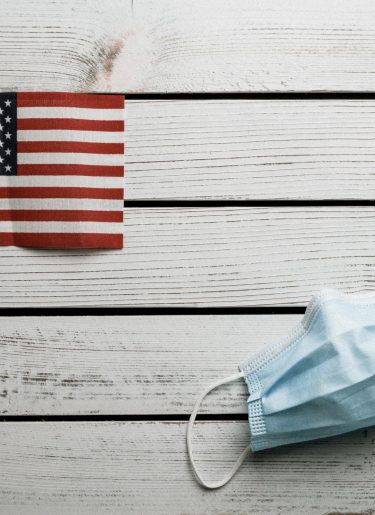
According to President Biden, almost 80 million Americans who are eligible to be vaccinated have not received their first shot. He has directed the Occupational Safety and Health Administration (OSHA) to develop a rule requiring all employers with 100 or more employees to ensure their workforce is fully vaccinated or require unvaccinated workers to produce a negative test at least weekly before coming to work. OSHA will issue an Emergency Temporary Standard (ETS) to implement this requirement. The ETS will require employers to give workers paid time off to get vaccinated and to recover from any side effects. OSHA would have the authority to fine businesses that do not comply up to USD 14,000 per violation.
OSHA only has the authority to issue an ETS without utilising the regular rulemaking process if it determines two requirements are met:
1. Workers are exposed to grave danger from exposure to substances or agents determined to be toxic or physically harmful, or from new hazards; and
2. An ETS is necessary to protect workers from that danger. An ETS serves as a proposed permanent standard.
It is then subject to the usual procedure for adopting a permanent standard, except that a final ruling should be made within six months. The validity of an ETS may be challenged in a US Court of Appeals. It is expected that this ETS will be challenged in court. One possible challenge is the argument that requiring employers to provide paid leave for vaccinations and side effects exceeds OSHA’s jurisdiction.
The timing of the ETS and its effective date are unknown. OSHA’s previous ETS for employers in the health care sector may be instructive. It took months for that ETS to be posted on OSHA’s website. It was posted on 10 June 2021. However, an ETS must be published in the Federal Register and provide an effective date. The ETS for employers in the health care sector was published in the Federal Register and became effective on 21 June 2021. Compliance with its requirements did not start until two weeks later. Based on these timelines, it will take weeks before the new ETS becomes effective.
Given the skeletal outline of the plan, many questions remain unanswered. Some include the following:
President Biden’s plan also included an executive order requiring all federal executive branch workers to be vaccinated as well as all employees of contractors that do business with the federal government.
President Biden’s plan also announced that the Centers for Medicare & Medicaid Services (CMS) is taking action to require vaccinations for workers in most health care settings that receive Medicare or Medicaid reimbursement, including but not limited to hospitals, dialysis facilities, ambulatory surgical settings, and home health care agencies. This action builds on the vaccination requirement for nursing facilities recently announced by CMS and will apply to nursing home staff as well as staff in hospital and other CMS-regulated settings, including clinical staff, individuals providing services under arrangements, volunteers, and staff who are not involved in direct patient, resident or client care. These requirements will apply to approximately 50,000 providers and cover a majority of health care workers across the country.
Finally, President Biden’s plan calls on large entertainment venues such as sports arenas, large concert halls, and other large venues to require that their patrons be vaccinated or show a negative test for entry.